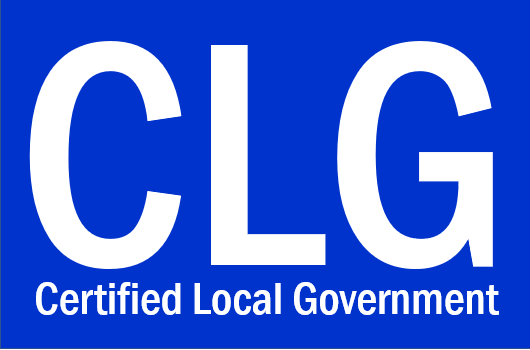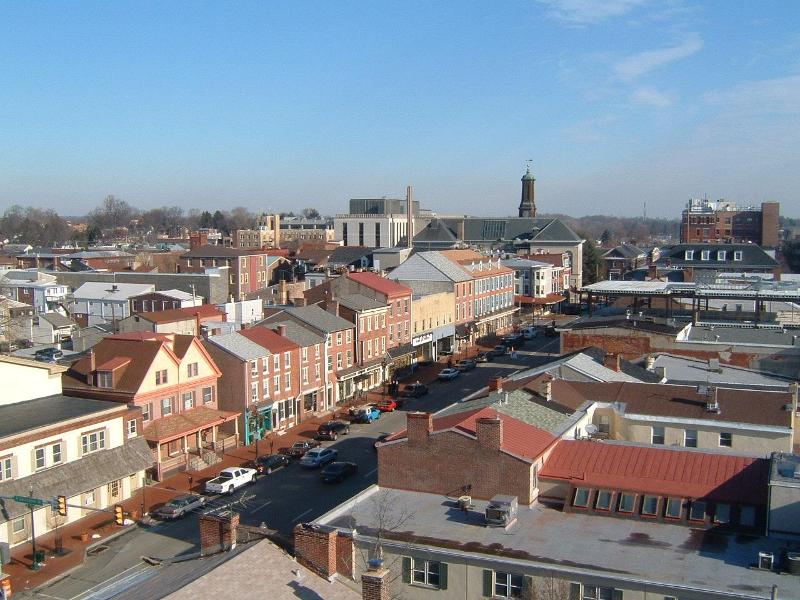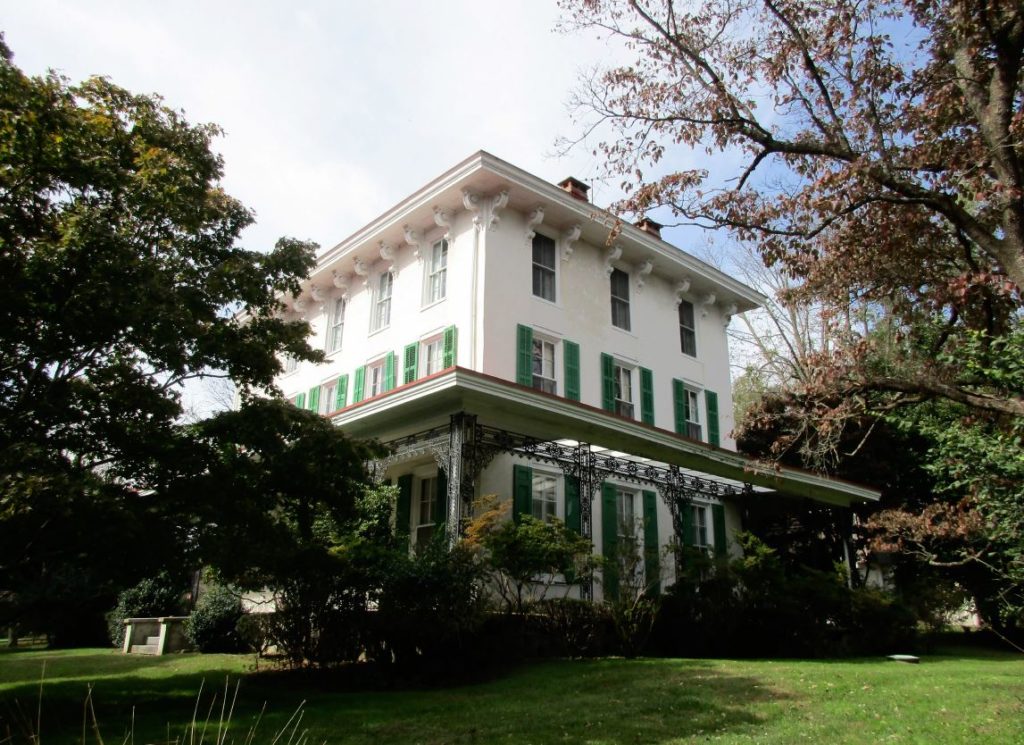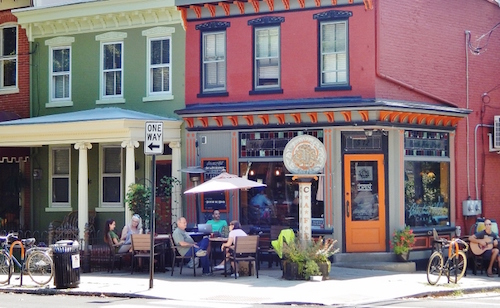The PA SHPO has awarded six communities grants to improve their municipality’s historic preservation program through the Certified Local Government (CLG) Grant Program. These grant funds will allow each of the communities to undertake projects that will advance preservation goals and achieve preservation outcomes in ways that are important to the community. A total of $120,324 will be distributed to municipalities in Chester, Delaware, Lancaster, Lehigh, and Montgomery Counties for diverse and important preservation projects.
About the CLG program

The Certified Local Government (CLG) program is a partnership between municipal governments, the Pennsylvania State Historic Preservation Office (PA SHPO), and the National Park Service (NPS) that promotes and supports holistic and effective historic preservation programs and policies in Pennsylvania municipalities. CLG designation is a mark of distinction that provides participating communities with credibility, as well as access to technical assistance and grant programs; it means that the municipality follows best practices and views preservation as an integral part of its community and economic development.
The PA SHPO recently relaunched the CLG program with new program guidelines and a series of technical assistance “benefits” for participating communities. There are currently 45 municipalities spread across the Commonwealth participating in the program. If your community is interested in learning more about the CLG program and whether you’re eligible to participate, visit our website for more information and a brief eligibility quiz.
The CLG Grant Program

The CLG grant program provides participating communities with matching grants to undertake projects that help build local capacity and achieve preservation outcomes. Eligible projects include design guidelines, cultural resource surveys, ordinances, comprehensive plans, National Register nominations, feasibility studies, educational programs, and other activities that may help the community preserve historic places. In addition to project grants, the PA SHPO is planning to launch scholarship and mini-grant programs for CLGs in the near future. Funding for the CLG Grant Program comes from Pennsylvania’s allocation of the Federal Historic Preservation Fund (HPF). The HPF is funded by royalties from offshore oil and gas leases and annual grants help support staffing and programs at the State Historic Preservation Office.

The Federal Fiscal Year 2020 CLG Grant Recipients
East Bradford Township, Chester County – East Bradford Township will use its CLG grant to develop new design guidelines for local historic districts in the township, including Strodes Mill Village.
Borough of West Chester, Chester County – West Chester will use CLG grant funds to collect updated information about historic resources in the Borough.
Chadds Ford Township, Delaware County – Chadds Ford Township is in the final stages of becoming the newest CLG in Pennsylvania and will use CLG grant funds to prepare a Preservation Plan for Painters Folly, the original home of the Brandywine School of Art outside of Chadds Ford Village.
City of Lancaster, Lancaster County – The City of Lancaster will update survey information for 1,500 properties within the Heritage Conservation District.
City of Allentown, Lehigh County – Allentown will use CLG funds to update the Design Guidelines for the Old Allentown, Old Fairgrounds, and West Park local historic districts.
Lower Merion Township, Montgomery County – Lower Merion Township will use CLG grant funds to collect updated photographs and survey information about historic resources in the township.
Congratulations to this year’s CLG grant recipients!

Leave a Reply